A one-day workshop entitled “Cooperative Security in Critical Infrastructure Resilience in Cyberspace,” was held Oct. 7 at the Daniel K. Inouye Asia-Pacific Center for Security Studies in Honolulu.
A total of 25 participants from 8 countries convened to discuss the opportunities and challenges of ensuring the resilience of a nation’s critical infrastructure sectors such as energy, transportation, banking, healthcare, and communications in cyberspace. This focus is a shared interest among many, interdependent stakeholders on different levels, including the public and private sectors as well as the federal and state government.
A unique aspect of this workshop was that participants were fully merged with the ongoing Advanced Security Cooperation Course (ASC) 19-2, with four panel sessions throughout the day. Topics for these sessions were:
- Critical Infrastructure Resilience in Cyberspace: Opportunities and Challenges for Cooperation
- The 2018 Department of Defense Cyber Strategy: Critical Infrastructure Resilience through Partnerships and Cooperation
- Defending Forward Together: The Partnership Paradox?
- Building Capacity, Confidence, and Cooperation in Critical Infrastructure Resilience
“For a one-day workshop involving cybersecurity professionals of different backgrounds, we covered a lot of ground – from a discussion on human resources to higher-level policy imperatives,’ said Assoc. Prof. Elina Noor, workshop lead. “Our panel sessions in particular were very productive, a lot of unique perspectives and experience were brought forward in the interactions between the ASC Fellows and workshop participants. There was also a candid, substantive discussion among the workshop experts, themselves.”
This workshop had five primary objectives focused on advancing critical infrastructure resilience in cyberspace:
- To underscore the importance of partnership and cooperation in defending critical infrastructure against cyber attacks throughout the region.
- To unpack the implications and impact of several foundational elements within the 2018 Department of Defense Cyber Strategy on private sector and regional partners.
- To explore, through lessons learned and best practices from within the United States and the region, how to more effectively foster trust and confidence-building measures between public and private sector stakeholders.
- To establish a regional network of professionals committed to dialogue, and to building trust and confidence for cooperative security in cyberspace.
- To obtain regional perspectives on how DKI APCSS can best add value to better addressing issues of Indo-Pacific security in cyberspace.
The workshop marked a step towards fostering a regional network of public and private sector professionals committed to building trust and confidence for cooperative security in cyberspace.


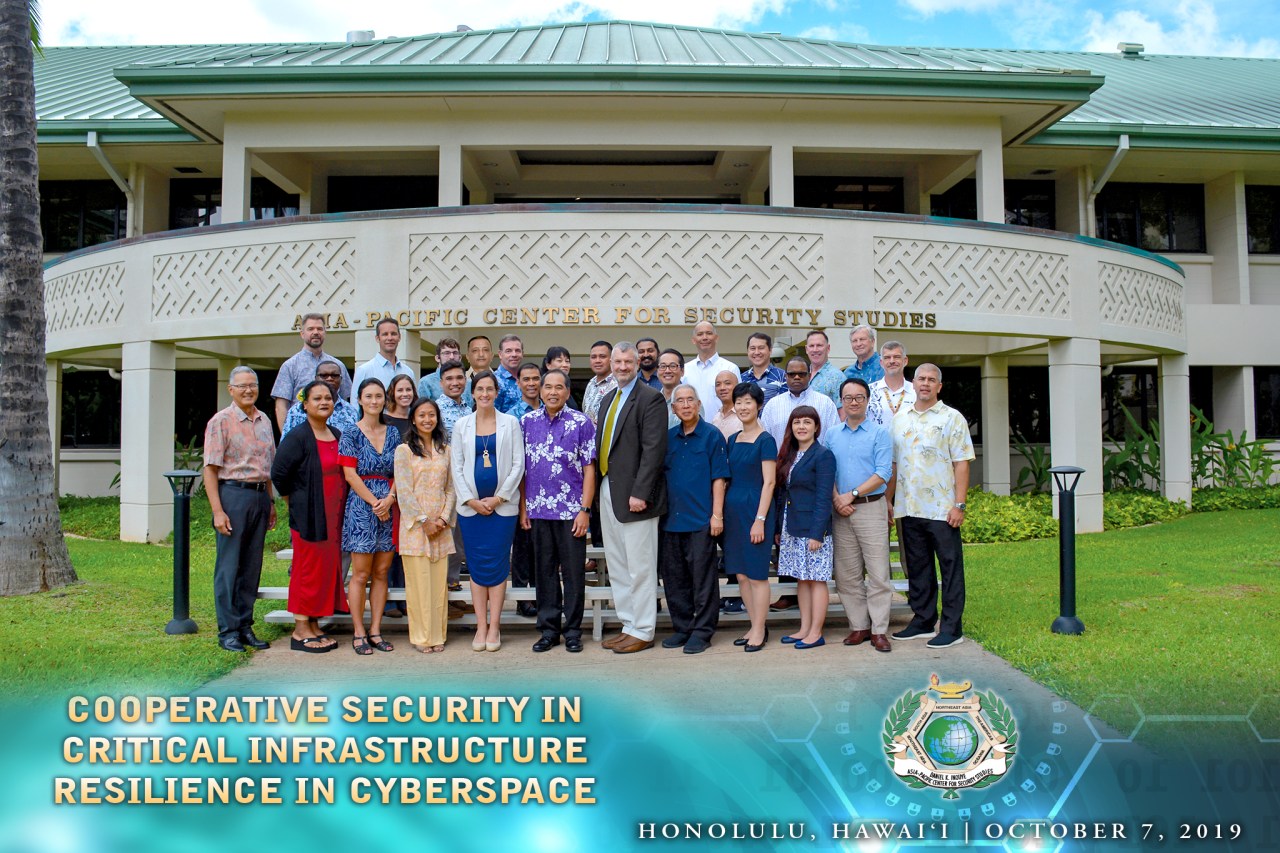
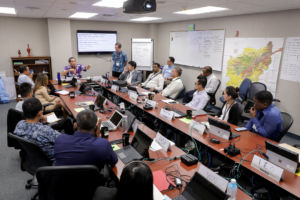
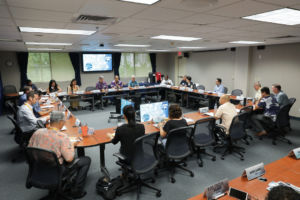
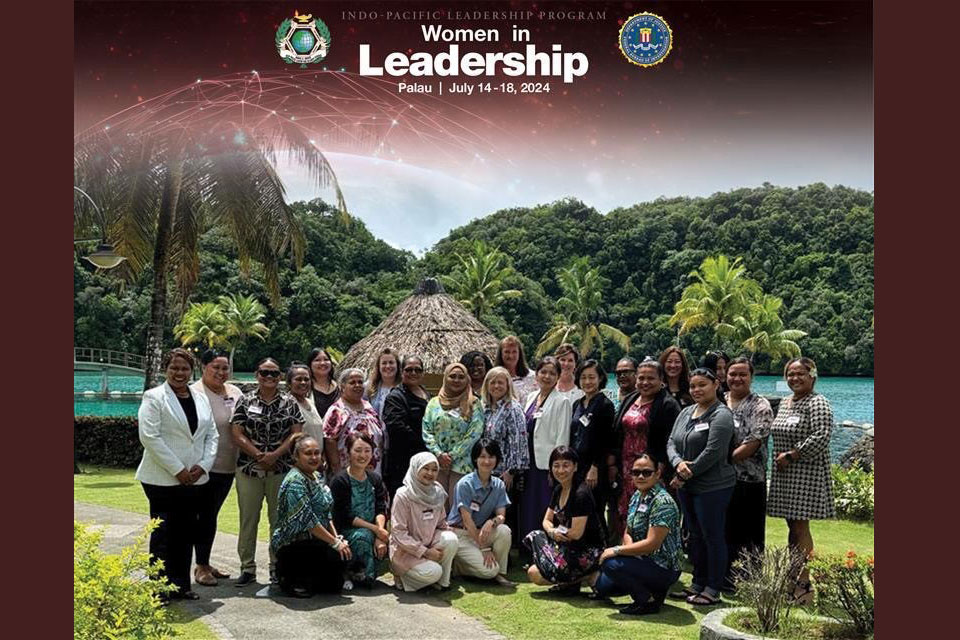
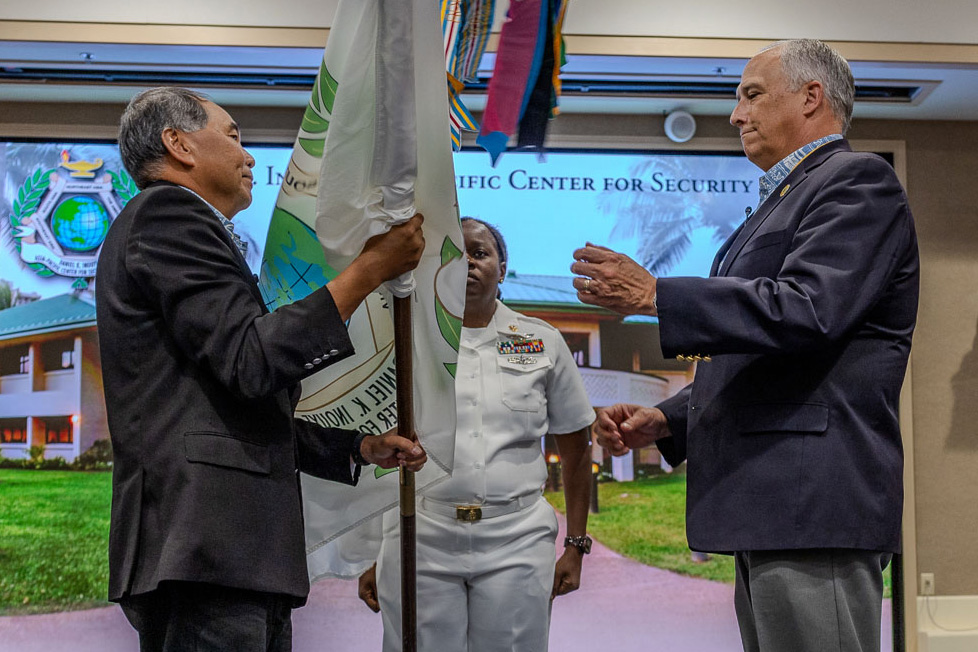





Leave A Comment